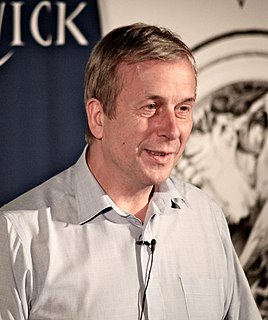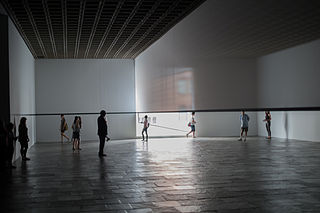A Quote by Paul Allen
The computer is a very regular structure. It's very uniform. It's got a bunch of memory, and it's got a little element that computes bits of memory and combines them with each other and puts them back somewhere. It's a very simple thing.
Related Quotes
The most spectacular thing about Johnny [von Neumann] was not his power as a mathematician, which was great, or his insight and his clarity, but his rapidity; he was very, very fast. And like the modern computer, which no longer bothers to retrieve the logarithm of 11 from its memory (but, instead, computes the logarithm of 11 each time it is needed), Johnny didn't bother to remember things. He computed them. You asked him a question, and if he didn't know the answer, he thought for three seconds and would produce and answer.
We no longer see the evolution of the nervous system, but that of a certain individual. The role of the memory is very important but... not as important as we believe. Most of the important things that we do don't depend on memory. To hear, to see, to touch, to feel happiness and pain; these are functions which are independent of memory; it is an a priori thing. Thus, for me, what memory does is to modify that a priori thing, and this it does in a very profound way.
You have to be reminded of a basic fact: intelligence belongs to the watching consciousness; memory belongs to the mind. Memory is one thing - memory is not intelligence. But the whole of humanity has been deceived for centuries and told indirectly that the memory is intelligence. Your schools, your colleges, your universities are not trying to find your intelligence; they are trying to find out who is capable of memorizing more. And now we know perfectly well that memory is a mechanical thing. A computer can have memory, but a computer cannot have intelligence.
[Hillary Clinton] sort of very cautious kind of uncomfortable, clumsy interaction with the black lives movement, who are very smart in recognizing that historical memory matters, that those legacies live on when you don't identify them, when you're not willing to be in dialog with them, when you're not willing to be self-reflective about the very part that you played as part of that apparatus of power.



































